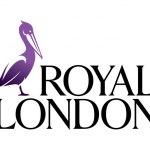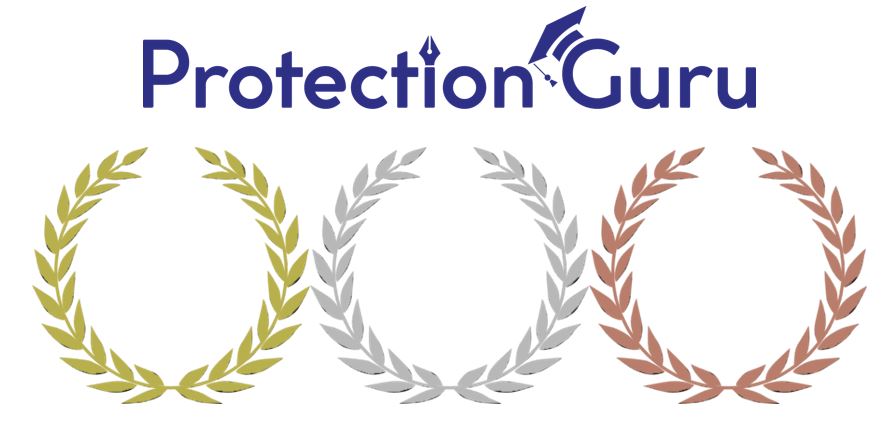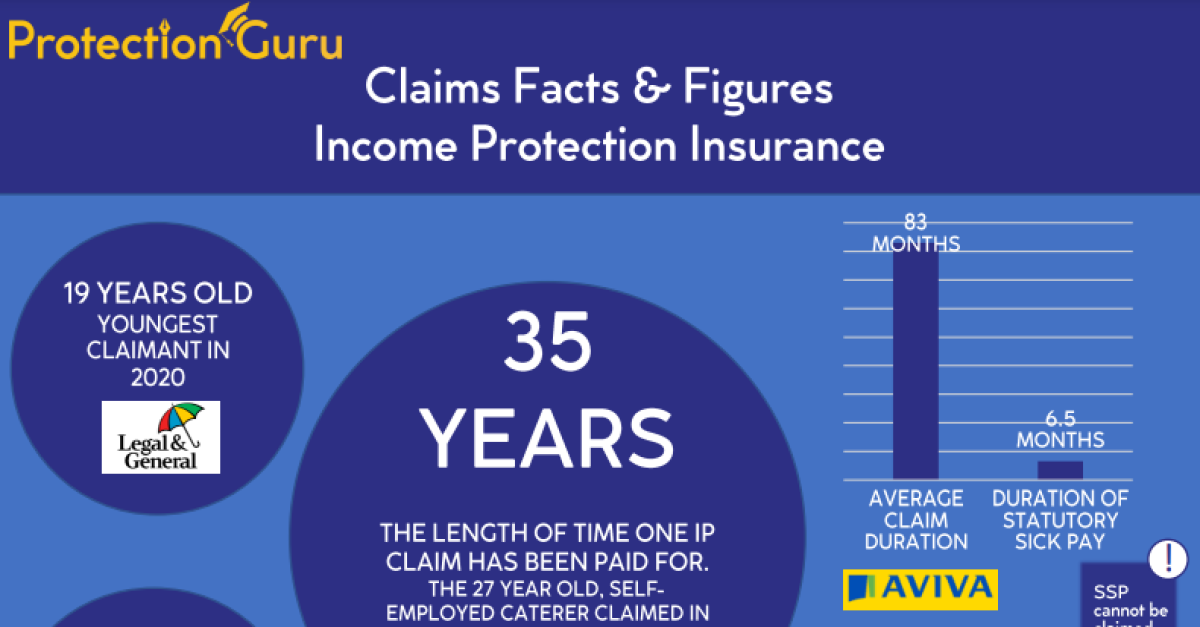
When is medical evidence automatically requested… Everything you need to know

For most clients, submitting an application where there are no medical or other disclosures will mean that terms are offered pretty quickly. Such clients are usually deemed as relatively low risk and as such medical evidence will not be required. Where the client is slightly older or requires a particularly high sum assured however, they potentially pose more risk for the insurer and as such medical evidence may be requested. In such cases, setting the clients’ expectations in terms of what will be required is vital to ensure that they are aware of what is required and not taken by surprise. In this article we look at when medical evidence might be requested for different benefit types.
Life Cover
Whilst this insight isn’t specifically focused on business protection only, the life insurance underwriting limits highlighted are applicable to business, as well as individual life applications. We compare the requirements across each insurer for overall limits, GP report requirements, nurse screenings and medical examinations.
Critical Illness Cover
Like the previous life automatic medical underwriting limits insight, this article isn’t specific to business protection, but the thresholds apply to both business and individual critical illness applications. Once again, the limits for critical illness are slightly lower than life only, as we’ve examined in detail, focusing on all the various requirements that could be triggered from each insurer.
Income Protection
The Income Protection market has more insurers in the intermediated space than life or CI with the addition of the friendly societies that specialise in this area. Many of the friendly societies approach automatic medical evidence slightly differently to the traditional insurers with some not automatically requiring medical evidence at younger ages if at all. In this article we look at some of the nuances that advisers might want to understand in order to be able to avoid automatic medical evidence.
Family Income Protection
Finally, we take a look at the automatic medical evidence requirements for Family Income Benefit. Although based on the same limits as life and critical illness, advisers need to run a calculation over their clients benefit which is based on the monthly benefit and term of the plan. As always there are insurers that apply different forumla’s when calculating the automatic medical evidence requirement and in this article we explain each approach.






















